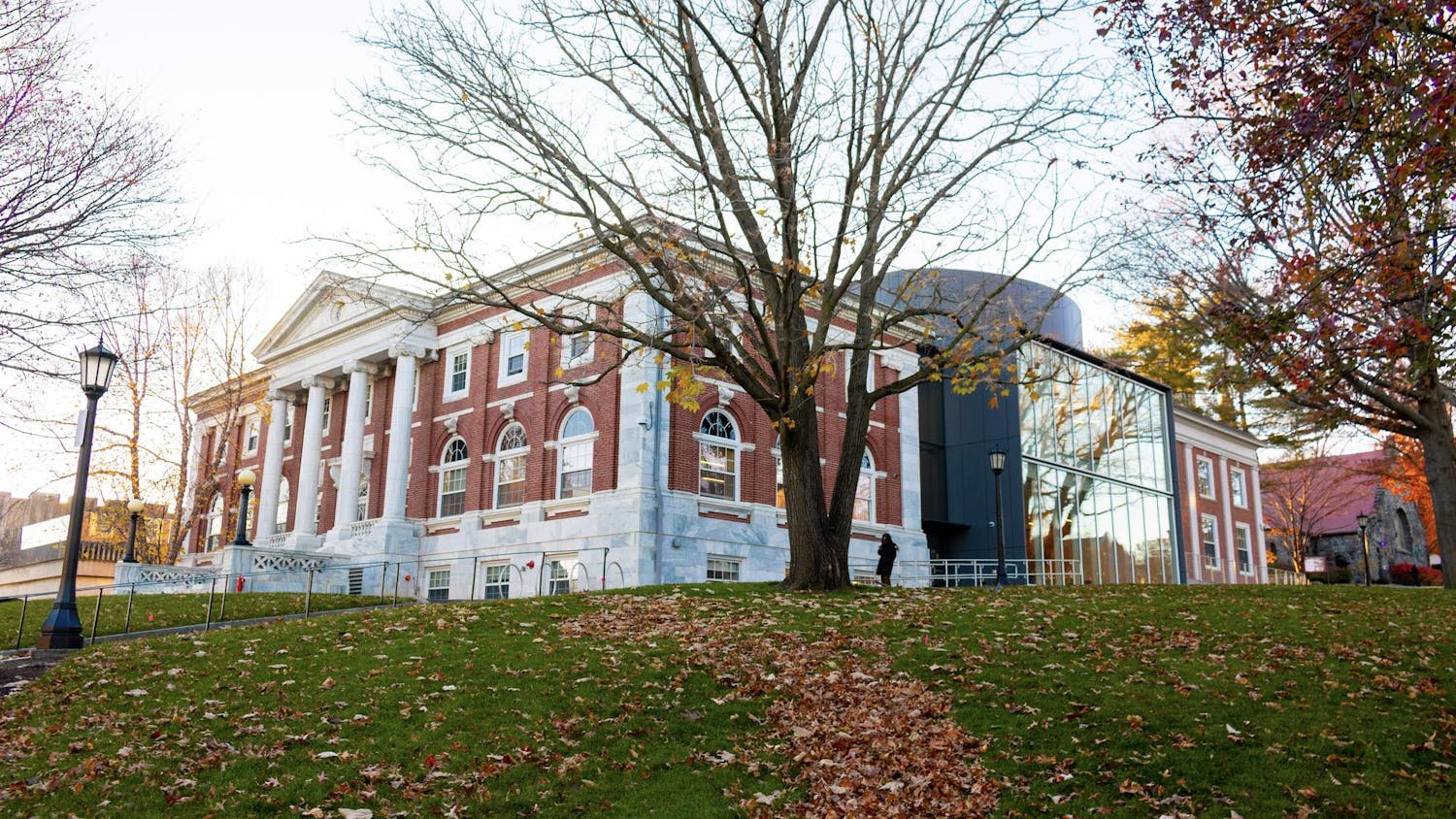The United States Supreme Court yesterday chipped away further at campaign finance regulations and solidified its stance that political donations are equivalent to political speech, allowing individuals to donate more money to candidates and parties in an election cycle. The courts opinion dangerously props the floodgates open even wider for money to influence federal elections less than seven months away from the 2014 midterm election.
The court struck down the Federal Election Commissions $48,600 limit on the total amount of money an individual can give to candidates collectively and its $74,600 limit on the total an individual can give to parties or PACs in an election cycle. While the court left the central regulations regarding donations to individual candidates in place, it has all but gutted the electoral reforms enacted post-Watergate via its rulings in Citizens United v. FEC (2010) and now in McCutcheon v. FEC.
Counterintuitively, the McCutcheon ruling will likely bring some of the soft money funneled through Super PACs after 2010 back into the national party structure, empowering party leaders and tying them directly to big donors. By opening the door on unlimited direct contributions to national parties, the ruling benefits big donors the most. The ultra-wealthy can now bypass the shadowy PAC system and directly influence party leaders, ensuring their interests are more than represented.
In his majority opinion, Chief Justice John Roberts argued only preventing the explicit corruption of politicians is a sufficient public interest for restricting political contributions corruption, not ensuring the integrity of government institutions or leveling the political playing field.
Clearly, the time has come for a constitutional amendment process aimed at reforming campaign finance to begin. The Roberts court has cemented its stance that money is speech, and the individual candidate limit may be the next to fall. According to a June 2013 Gallup poll, nearly 79 percent of Americans would support limiting a congressional candidates fundraising and spending capabilities. The stance is effectively universal across demographic categories.
Senators Tom Udall, Michael Bennet and Jon Tester have proposed a constitutional amendment to regulate the flow of money into electoral campaigns. With so much money betting against such an amendment, however, its unlikely one would come from Congress without significant external pressure. Americans should get behind a push for an amendment and reclaim the democracy from the highest bidder. With no help coming from the Roberts court, it is time for the American public to take democracy into its own hands and give it back to the people.
More from The Tufts Daily
Editorial: Letter to the Hill
By
The Editorial Board
| December 8
Are the Oscars really merit-based?
By
Jachin Lam
| December 8





